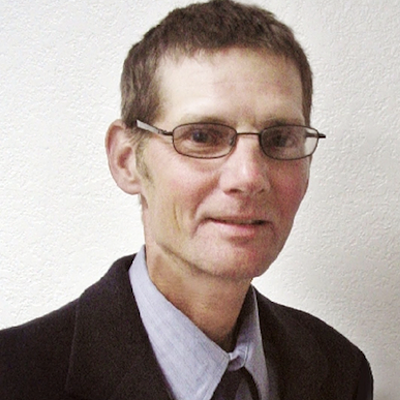City officials warn that if the city doesn't buy the CAP water now, it runs the risk of losing it for decades if drought conditions persist along the Colorado River.
"The council feels very strongly about getting as much of this water into the ground as we possibly can," says Ward 2 Councilwoman Carol West.
To that end, Tucson Water Director David Modeer is hoping to squeeze an extra $6.9 million from customers next year. That's a 6.2 percent increase over this year's revenues, but the impact on individual households will depend on how much water they use, according to Tucson Water spokesman Mitch Basefsky. Big users will got socked with a bigger hike, while people who don't use much water will see a slight increase.
Basefsky says the boost in Tucson Water's spending is driven by the need to expand the city's Avra Valley recharge facility so it can store more CAP water. Although Tucson has been allotted 144,000 acre-feet of CAP water each year, it currently uses just 80,000 acre-feet.
Why buy the water now? The Colorado River, which is overallocated among the seven states that use the water, has been hit by a drought since 1998, with the storage level of water in Powell and Mead lakes dropping from higher than 90 percent in 1999 to 59 percent in 2005.
A National Academy of Sciences report issued last month was the latest prediction that the drought along the Colorado is not likely to end soon. As demand for water mounts between the states, the federal Department of the Interior could be forced to step in and formally declare a shortage. If that happens, each user of Colorado River water would face a cut in the percentage of water it uses in a normal year, not what it's been allocated.
"So if a shortage were declared tomorrow, the 64,000 acre feet we're not using goes away," Basefsky says. "That's why we're building new recharge facilities to get this stuff into the ground and then accelerating purchase so by year 2011 or 2012, when the shortage is declared, hopefully we'll be using our full allocation."
To raise additional money for next year's budget, Modeer has proposed charging more impact fees on new homes.
One new fee, the water-equity fee, is designed to cover the cost of bringing roughly 8,200 acre feet of CAP water annually to Tucson. The city won the additional allotment in a recent federal settlement with Native American tribes.
The utility hopes the fee will raise an estimated $1.3 million next year, according to Basefsky.
Council members are still bickering over whether the fee will be $202 or $244 per home. The Southern Arizona Home Builders Association has objected to the extra $42 per home over a technical issue regarding interest costs.
Councilwoman Carol West wants the council to charge the additional $42, which would raise $250,000 a year.
"Why should the whole community pay that $42?" West says.
But Councilman Steve Leal says asking for the additional $42 could "strain relations" with homebuilders, making it more difficult to work with them in the future.
The utility also hopes to raise an additional million dollars through a less controversial $112 increase in the impact fee that covers the cost of expanding pipelines to new development. That would bring the fee to $1,528.
The utility also hopes to raise an additional million dollars through a less controversial $112 increase in the impact fee that covers the cost of expanding pipelines to new developments. That would bring the fee to $1,528.
If both fees are approved, the utility would charge $1,772 for each new home connection.
Water officials are expected to present the revenue plan to the City Council's Environment, Planning and Resource Management Subcommittee on Thursday, March 22.
The full council is scheduled to consider the proposal on April 17, with a goal of having the rate recommendations finalized by May. The increases would kick in sometime in July, according to Basefsky.
















